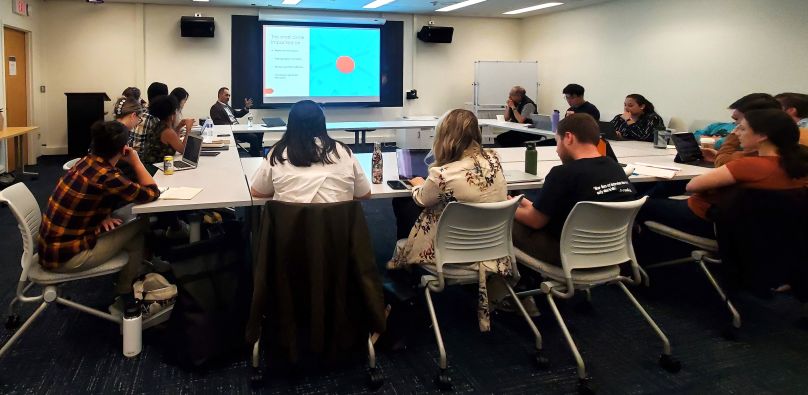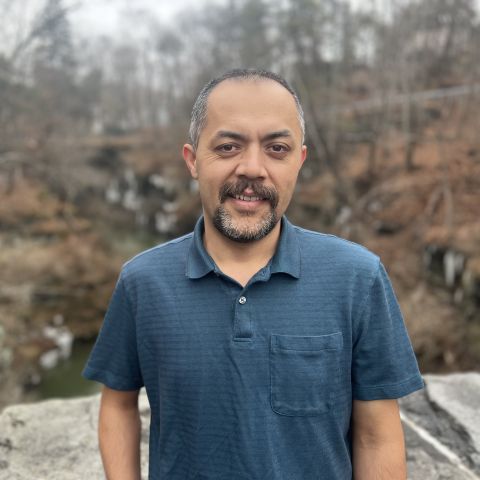Hozoori Examines the Collapse of Democracy in Afghanistan

Sharif Hozoori, SAP
"Afghanistan is a country of ethnic minorities. No one can claim to be part of a majority," said Sharif Hozoori at a September 21 event on "Ethnocentrism and Democracy Failure in Afghanistan."
Hozoori is a visiting scholar at the South Asia Program (SAP), an Institute of International Education Scholar Rescue Fund fellow, and an expert on Afghanistan politics.
At the event, Hozoori analyzed the historical and social reasons behind the collapse of Afghanistan’s 20-year experiment in democracy which began in 2001. He noted the numerous overlapping reasons for the collapse of democracy in Afghanistan but focused primarily on the ethnocentrism exhibited by generations of Afghan leaders, who had consolidated power among their fellow Pashtuns.
While not the numerical majority, Pashtun leaders—as the largest ethnic and linguistic community—have gradually asserted their dominance in Afghanistan since the 1880s. Hozoori explained how "state and nation-building from the start was problematic," and was not solely the result of recent wars and intervention by great powers.
Hozoori also argued that the country was ripe for a federal system and had opportunities to do so in the early 2010s. Afghan leaders’ corruption and disinclination to share power let those chances slip away, he said.
In response to questions from students in the audience about the role of world powers in Afghanistan, he replied, "the U.S., Russia, and China all want to use Taliban for self-interest, which is unfortunately not in the benefit of Afghan people, particularly women of the country."
The event was hosted by SAP and the Reppy Institute of Peace and Conflict Studies, part of the Mario Einaudi Center for International Studies.

